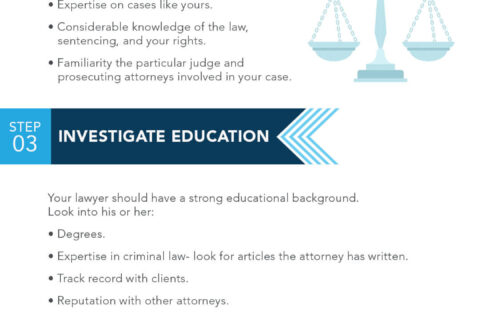Coercion and Consent: Analyzing Legal Aspects of Sex Crimes
Many legal concepts come into play when defining and prosecuting sex crimes. Two key concepts to understand include consent and coercion. However, it gets complicated when you learn that each state sets its definitions for these terms. Find out how consent and coercion apply to sex crimes in Utah and the role of a defense attorney for the accused.
Understanding Coercion and Consent in Utah
Sex crimes often hinge on the presence or absence of consent and the influence of coercion. Here’s what to know if you’ve been accused of a sex crime in Utah.
Consent
According to Utah law, consent is defined as words or conduct communicating a freely given agreement to engage in sexual activity. The person giving consent must have the capacity to do so, meaning they are not mentally incapacitated, unconscious, or under the influence of drugs or alcohol. They must also be above the age of consent, which, in Utah, is 18 years old. Furthermore, consent must be ongoing, meaning participants may revoke it at any time.
Coercion
Coercion wrongfully reduces another person’s choice by using force or intimidation to compel that person to do something against their will. In short, coercion nullifies consent by applying physical or psychological pressure, threats, or manipulation to achieve sexual compliance.
A distinct aspect of Utah’s definition of coercion is that it includes threats against property, not just persons. Additionally, it considers the use or threat of use of one’s authority, especially in cases involving public servants or armed individuals.
The Role of a Defense Attorney
Anyone accused of a sex crime should speak with a defense attorney as soon as possible. This legal professional’s job includes the following:
- Present a defense that challenges the prosecutor’s case. An attorney will examine the evidence and may contest the validity of the accusation, the collection or handling of evidence, or the procedures followed by law enforcement.
- Argue that consent was present or coercion was absent. These arguments often hinge on showing that the alleged victim willingly participated in the sexual act or that no coercion was involved. This may involve a detailed examination of the events leading up to the incident, the actions and behaviors of all parties involved, and the surrounding circumstances.
- Cross-examine witnesses and challenge their credibility. A defense attorney will scrutinize the testimony of the alleged victim and any other witnesses. They may also present evidence to challenge the witness’s credibility.
Mounting these defenses doesn’t involve victim-blaming. Instead, it requires a fair and comprehensive examination of all the facts.
How Richards & Richards Law Firm Can Help
In the sensitive arena of sex crimes, Richards & Richards Law Firm understands the devastating impact these accusations can have on your life, reputation, and future. Thanks to our in-depth understanding of consent and coercion in Utah sex crime cases, our lawyers can analyze every detail surrounding the incident, explore all possible defenses, and ensure your side of the story is heard. Contact us at 801-621-7443 today to speak with a knowledgeable criminal defense attorney in Ogden, UT, about what comes next.


